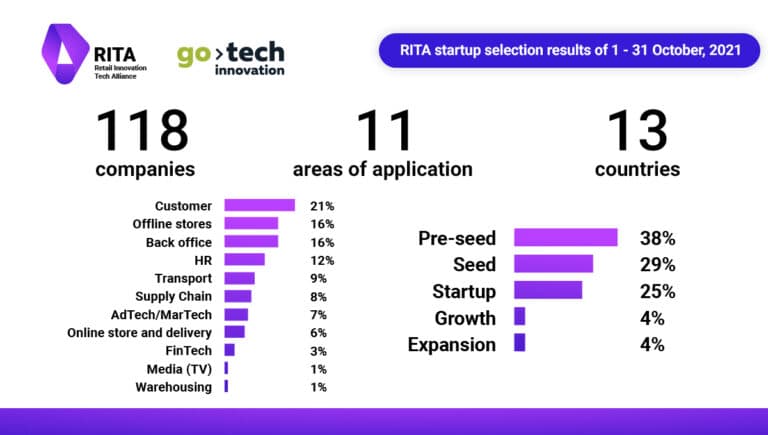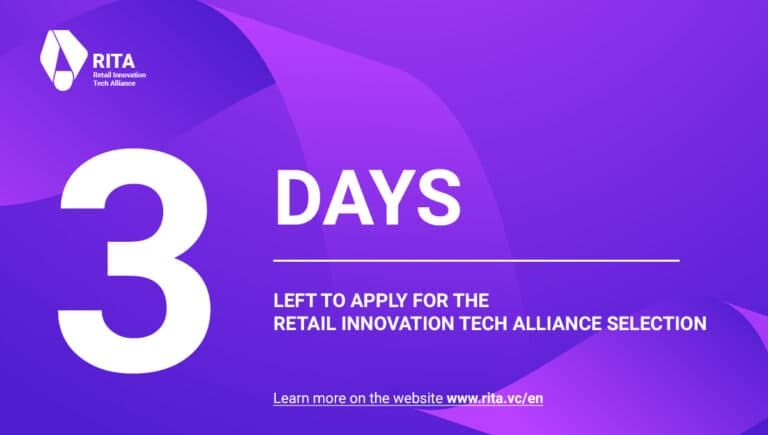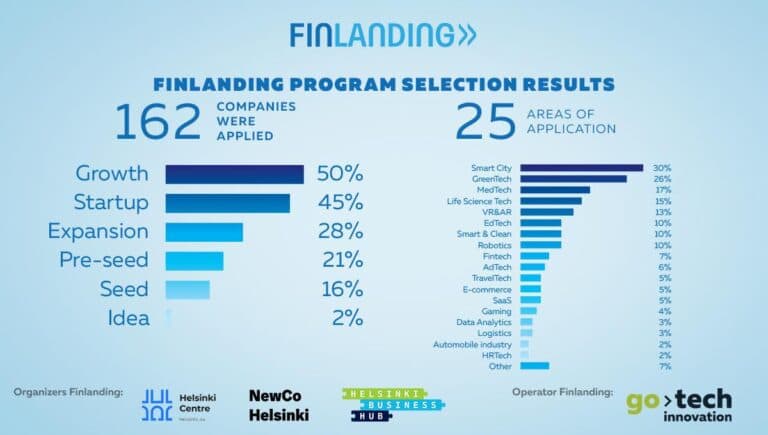Corporations and banks are actively attracting startups to accelerate the transfer of business to high-tech rails. At the same time, many startups purposefully create products for companies of specific industries.
On the development of what solutions, you need to stake in the era of COVID-19, discourses Irina Kalashnikova, the co-founder of GoTech Innovation, in Rusbase column.

In the spring of 2020, a popular meme appeared the IT community in the form of a comic survey about who became the catalyst for digital change in your company. There were three options to choose from: CEO, CTO, or COVID-19.
The impact of such a global phenomenon as a pandemic will not be limited to the quarantine period – a series of tectonic shifts in public and business life has been launched. Some of the changes that are taking place began many years ago, but now they have received an impulse that can bring them to a qualitatively new level. For example, trends for remote work, cloud services for business, or online shopping.
Speed up of freeze?
The first question that arises in startups is the following: will large companies wind down their corporate venture projects due to uncertainty and resource savings? BCG experts in the first quarter of 2020 noted a decrease in the volume of deals in corporate venture by 24% compared to the previous year.
First, a startup or a developer should assess the state of the industry to which they orient the product.
The most affected areas of business will have tight control over costs and are likely to wind down or temporarily freeze venture activity. This segment includes the hotel and restaurant business, the insurance industry, and the production of durable goods.
Companies from industries that are under pressure due to the crisis, but in more stable positions, are retail trade, telecom, manufacturers of computer and medical equipment, foodstuffs. They will take measures to reduce the damage from the crisis, and for some of them this will also mean putting risky activities into hibernation, noted in BCG. But for others, it is possible to use combined options, and for the strongest – accelerating venture activities.
The healthiest segment, where the demand for goods and services has remained the same or increased, is pharmaceuticals, grocery retail and sales of household goods, software/services. Companies from these industries will continue to venture, probably even more actively, but approaches and directions might be adjusted.
We can already analyze the first statistics and the reaction of companies and answer the main questions:
- In a pandemic, what is the “damage/resilience” category of the industry where your customers or partners operate?
- How did the largest players in this market react: are there any announcements of new venture capital programs and technology partnerships, or is there only news of cost cuts, bankruptcies, and requests for state support?
- Is your product capable of creating value for corporate clients, taking into account the changes caused by the pandemic by making processes significantly cheaper and faster, or bringing completely new qualities to their business?
All factors should be considered, not just the damage to your industry from COVID-19. The pandemic, by pausing projects in the worst-hit sectors, has spawned new ideas.
Right away, two Russian IT giants – Kaspersky Lab and the online retailer Wildberries – launched initiatives in the field of domestic tourism. Wildberries intends to create online travel services for traveling around Russia. Eugeny Kaspersky launched the Kaspersky Exploring Russia accelerator, where startups from the fields of TravelTech, SocialTech, and others can receive training.
Business Matrix
Some of the trends set or updated by the pandemic will remain forever. The “new normal” for business involves a large amount of new technological changes, and this should be considered by startups when choosing ways to commercialize their developments.
Globally, the main direction of the changes was to increase the share of remote business interaction with all counterparties:
- employees
- suppliers of raw materials and components and other business partners;
- government agencies;
- clients, buyers.
According to the methods for solving these problems, three blocks can be distinguished:
- transfer even greater amounts of data and processes to the cloud;
- implementation of services for remote interaction with all groups of counterparties;
- automation, analytics, and optimization of internal processes.
The first thing that companies faced was closing or limiting the work of offices. In Russia, Yandex, Alfa-Bank, Mail.ru Group, Qiwi announced the extension of the remote regime for employees for several months after the quarantine had been lifted. In July, Sberbank decided on a new work format: up to 30% of its employees will work remotely, regardless of the situation with the epidemic.
Startups targeting external markets may draw attention to the fact that Google, Microsoft, Facebook and other IT giants let their employees work from home until the end of 2020, and executives of some companies, like Oracle and Twitter, are considering remote work options as permanent.
Apparently, business has already begun following the advice of experts: not to limit itself to temporary measures, but to completely “reinvent” the office model of work. This means rebuilding all HR processes and many operational decisions.
Improving the efficiency of internal processes, for example, was included in the list of key areas for working with startups by the members of the RITA technology alliance: X5 Retail Group, Hoff, Beeline, and M.Video-Eldorado group.
Among HR-tech projects with Russian roots, one can note the growth of users in the remote employee search services like VCV (video interviews and testing) and PitchMe (a marketplace based on smart profiles of job seekers). Sola, a wellbeing platform for employees, already works with MTS, Sberbank, and PWC.
Oleg Rovinsky’s People.ai, successful in Silicon Valley, helps to increase sales based on data analysis of processes and employee performance.
Speed up and restructure
Suppliers and partners are another target group that needs new solutions to quickly restructure relationships with them. For example, companies are preparing to participate in online industry events even after the pandemic, including using AR and VR technologies. And clients and buyers during the quarantine period mastered the new and consolidated the previously acquired experience of remote purchases and use of services.
These two target groups create requests for solutions in the following areas:
- Automation of interaction with counterparties – for example, control of supply chains and residues in warehouses and stores;
- Remote control of the display on store shelves, assortment and availability of goods;
- An efficient and secure digital environment/platform for negotiation and collaboration with external partners;
- Remote support for online sales, including audio and video, VR/AR, co-viewing, etc.;
- Omnichannel solutions for interaction with clients and customers;
- Security of cloud and network interactions;
- Robotization and automation of quality control in production, in logistics hubs, in online order assembly centers;
- Automation and increasing marketing efficiency in the urban environment (outdoor advertising, etc.);
- Marketing in digital environment based on analytics of the profile and preferences of clients and customers, effectiveness of promotion channels, etc.
Separate large field – technologies for distance learning. EdTech solutions are in demand both by companies as a part of the HR process and by government agencies.
One more advice for Russian startups is to pay attention to the external market. Cooperation or acceleration in a large corporation in Russia can become a direct bridge or serve as a recommendation for reaching foreign partners.
Link to the original article https://rb.ru/opinion/drive-digital-change/










